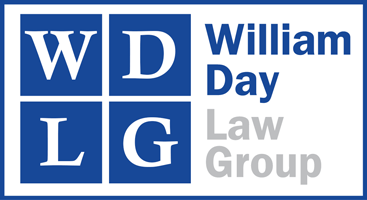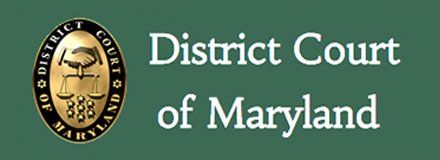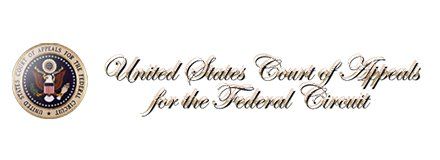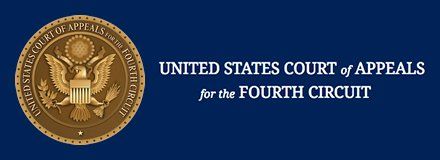PRACTICE AREAS
BLOG CATEGORIES
ASSOCIATIONS
Three Strategies to Help Your Heirs Bypass the Probate Process
Planning for the future with a bit of foresight and guidance from an estate lawyer can alleviate a great deal of stress and financial burden for your loved ones later on.

The pain of losing a loved one is profound and navigating the complexities of estate settlement can intensify this grief, particularly if probate is involved. Probate, the legal procedure for estate settlement, can be time-consuming, costly, and stressful. However, with strategic planning, you can simplify the inheritance process for your heirs. Here are three effective strategies:
1. Draft and Regularly Update Your Will
"A will outlines your final wishes, including asset distribution, beneficiary designations, executor appointments, and burial instructions," explains William Day, founder and Principal of William Day Law Group in Bethesda, Maryland. "Without a will, the state dictates inheritance terms, which might not align with your preferences."
A comprehensive will should list all assets, name beneficiaries, appoint an executor, and include provisions for minors and pets. Regular updates are crucial to reflect changes in relationships, laws, assets, or tax regulations. "It's advisable to review your estate plan every two to three years," Day recommends, emphasizing the importance of keeping beneficiary and fiduciary designations current.
2. Designate Beneficiaries for All Financial Accounts
Ensure all financial accounts, including savings, investments, retirement plans, CDs, and life insurance policies, have designated beneficiaries. This straightforward step can prevent your heirs from enduring the probate process for these assets.
For example, a case I handled involved a straightforward estate inheritance, hindered by a single bank account lacking a beneficiary designation. This oversight necessitated opening a small estate in Maryland, involving considerable paperwork and stress for the heir.
To avoid such complications, consider Payable on Death (POD) designations for bank and credit union accounts, allowing beneficiaries direct access to funds without probate. However, exercise caution with joint account ownerships, as they can lead to potential abuse and unintended tax implications. "Beneficiary designations are generally safer and more efficient than adding joint owners," advises Day.
3. Explore Probate Avoidance Techniques
Various estate planning tools can either completely sidestep probate or significantly expedite the process, depending on your state and specific circumstances. For example, a living trust might be an ideal solution if your family dynamics are complex, you own property in multiple states, or you have significant assets.
"Living trusts are our preferred method for ensuring property passes directly to beneficiaries without probate," states Day. However, he cautions against including certain assets, like retirement accounts and life insurance policies, in living trusts due to potential tax ramifications.
By implementing these strategies, you can provide your heirs with the gift of a smoother transition during a difficult time, sparing them the complexities and delays often associated with probate.








